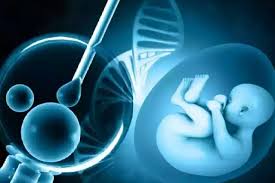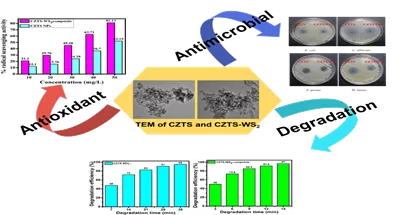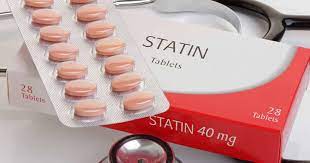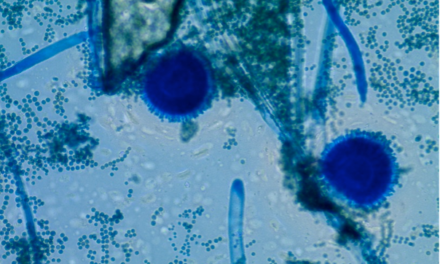A groundbreaking study has revealed a new biomedical tool capable of delivering genetic material to edit faulty genes in developing fetal brain cells, potentially halting the progression of neurodevelopmental disorders before birth. Researchers at UC Davis, led by Aijun Wang, Professor of Surgery and Biomedical Engineering, collaborated with the Murthy Lab at UC Berkeley to develop this technology, which was recently published in ACS Nano. The innovative approach shows promise in treating genetic conditions like Angelman syndrome and Rett syndrome in the early stages of fetal development, possibly offering a new pathway for intervention before the onset of symptoms.
Pioneering Gene Editing in Utero
The researchers have devised a specialized system that can deliver messenger RNA (mRNA) to fetal brain cells, which are then instructed to produce essential proteins through a cutting-edge lipid nanoparticle (LNP) delivery system. The mRNA is carefully encoded to provide instructions for protein synthesis, addressing gene-based irregularities that typically disrupt protein production. “This tool could revolutionize the treatment of neurodevelopmental disorders by correcting genetic anomalies at crucial stages of brain development,” stated Professor Wang, emphasizing the potential of this approach to intercept genetic conditions at their source.
Unpacking the LNP Technology for Efficient Delivery
Central to the study is the LNP technology, which safely transports mRNA to target cells where it is absorbed through endocytosis. Once inside, the LNPs dissolve, releasing the mRNA, which is then translated into proteins needed for gene editing. This method uses a unique acid-degradable linker to ensure that the LNPs break down rapidly within cells, minimizing toxicity while maximizing efficiency—a crucial balance, as lower toxicity reduces immune responses that could complicate treatment.
As co-investigator Niren Murthy, Professor of Bioengineering at UC Berkeley, explained, “Our new linker design enables us to engineer LNPs with significantly lower toxicity, a key advantage in reaching the central nervous system with minimal side effects.”
The Potential for Disease Prevention in Developing Brains
In this study, the researchers utilized the LNP system to deliver Cas9 mRNA directly into the fetal brain of a mouse model, specifically targeting the gene associated with Angelman syndrome. By facilitating gene edits within the brain’s developing stem cells before the formation of the blood-brain barrier, researchers aim to address genetic conditions before irreversible damage occurs.
“The mRNA acts like a manual, providing cells with instructions to assemble the Cas9 protein, which then edits the faulty gene,” Wang explained. Injecting the LNP-mRNA package into fetal brain ventricles successfully led to gene edits in 30% of brain stem cells, with effects extending to 60% of neurons in the hippocampus and 40% in the cortex as development progressed. This extensive impact across brain regions underscores the potential of this method in addressing complex neurodevelopmental disorders.
Far-Reaching Implications for the Future
The team anticipates even greater success rates in diseased models. Wang suggested that “mutant neurons might be naturally eliminated as symptoms accumulate, allowing corrected cells to proliferate,” a process that could further enhance treatment efficacy. Such a mechanism leverages the body’s inherent cellular pathways to promote healthier brain development, providing hope that infants treated in utero could be born without symptoms.
While the technology is still in the experimental stages, these findings pave the way for new prenatal treatment options for genetic neurodevelopmental disorders, with the potential to reshape the future of disease prevention in utero. As researchers continue to explore this approach, families affected by genetic disorders may soon have reason to hope that the burden of these conditions could be alleviated before life even begins.












